Omta, A. W., Ferrari, R., & McGee, D. (2018), An analytical framework for the steady state impact of carbonate compensation on atmospheric CO2, Global Biogeochemical Cycles, 32, 720–735, doi: 10.1002/2017GB005809 Continue reading An Analytical Framework for the Steady State Impact of Carbonate Compensation on Atmospheric CO2
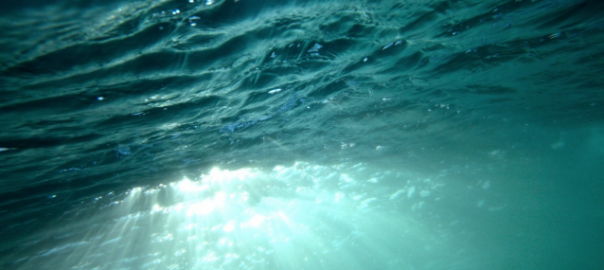
Understanding Microbial Competition for Nitrogen
The Darwin Project’s Emily Zakem, Stephanie Dutkiewicz and Mick Follows show that physiological constraints and resource competition between phytoplankton and nitrifying microorganisms in the sunlit layer can yield this ocean trait. Continue reading Understanding Microbial Competition for Nitrogen
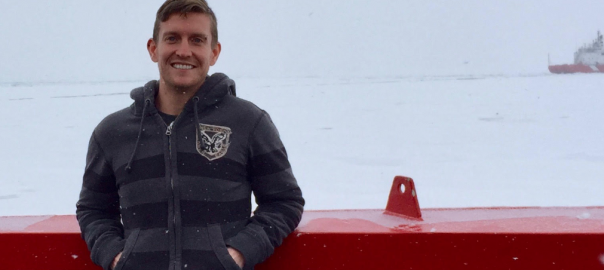
New Research Scientist Ryan Woosley
Ryan Woosley is a a marine physical chemist, focusing on the marine carbon cycle. A particular interest is in quantifying where and how much anthropogenic carbon is being taken up and stored in the ocean. He is also interested in improving the accuracy and precision of inorganic carbon measurements, specifically pH and total alkalinity. Continue reading New Research Scientist Ryan Woosley
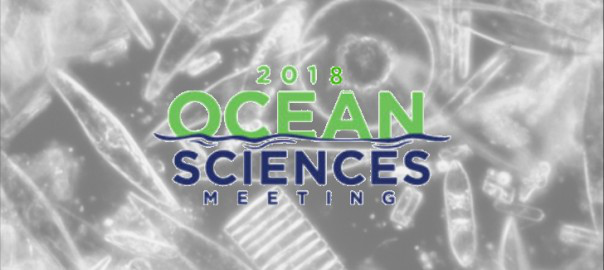
Darwin Goes to Ocean Sciences 2018
Look out for the Darwin team, sharing their work at this year’s Ocean Sciences conference taking place February 11-16 in Portland, Oregon. Continue reading Darwin Goes to Ocean Sciences 2018
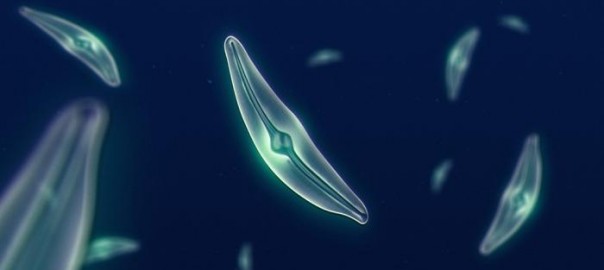
A More Diverse Role for Diatoms
Helen Hill | Darwin Project
A review article involving Stephanie Dutkiewicz and Oliver Jahn suggests the diatoms have more diverse roles in carbon cycling than previously understood. Continue reading A More Diverse Role for Diatoms
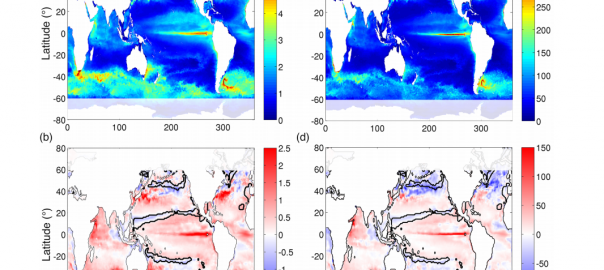
What you Can Do With a Really Rather Realistic Ocean Model
Helen Hill | Darwin Project
It’s been a decade since the inception of the MIT Darwin Project, an alliance between physical oceanographers, biogeochemists and marine microbiologists at the Massachusetts Institute of Technology (MIT). The goal of Darwin remains to couple state of the art physical models of global ocean circulation with biogeochemistry and genome-informed models of microbial processes to understand the interplay between different elements of the marine ecosystem leading to observed balances between physiology and the marine environment. Continue reading What you Can Do With a Really Rather Realistic Ocean Model
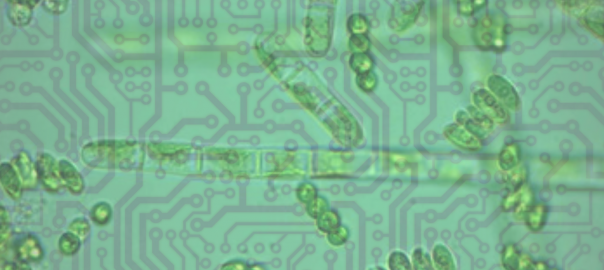
Phytoplankton & Chips
Helen Hill | Darwin Project
Microbes mediate the global marine cycles of elements, modulating atmospheric CO2 and helping to maintain the oxygen we all breath yet there is much about them scientists still don’t understand. Now, an award from the Simons Foundation will give researchers from the Darwin Project access to bigger, better computing resources to model these communities and probe how they work. Continue reading Phytoplankton & Chips
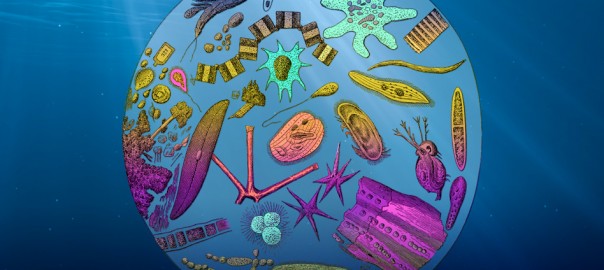
Rising Temperatures are Curbing Ocean’s Capacity to Store Carbon
Study from Follows Group finds large amounts of carbon dioxide, equivalent to yearly U.K. emissions, remain in surface waters. Continue reading Rising Temperatures are Curbing Ocean’s Capacity to Store Carbon
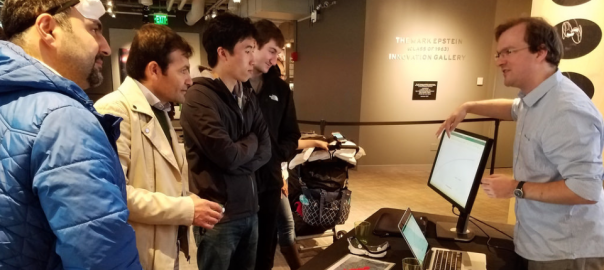
Darwin Goes to CSF 2017
MIT Darwin Project oceanographers explore Earth’s seas with the Boston community for the 2017 Cambridge Science Festival at the MIT Museum. Continue reading Darwin Goes to CSF 2017
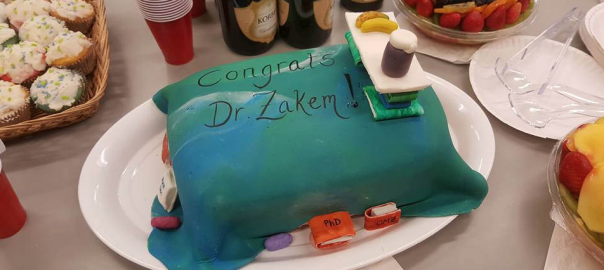
Darwin Celebrates Emily’s Doctoral Defense
Congratulations to Darwin Project’s Emily Zakem who successfully defended her doctoral dissertation Linking Microbes and Climate: Insights into the Marine Oxygen and Nitrogen Cycles with Microbial Metabolic Functional Types on March 24. Continue reading Darwin Celebrates Emily’s Doctoral Defense